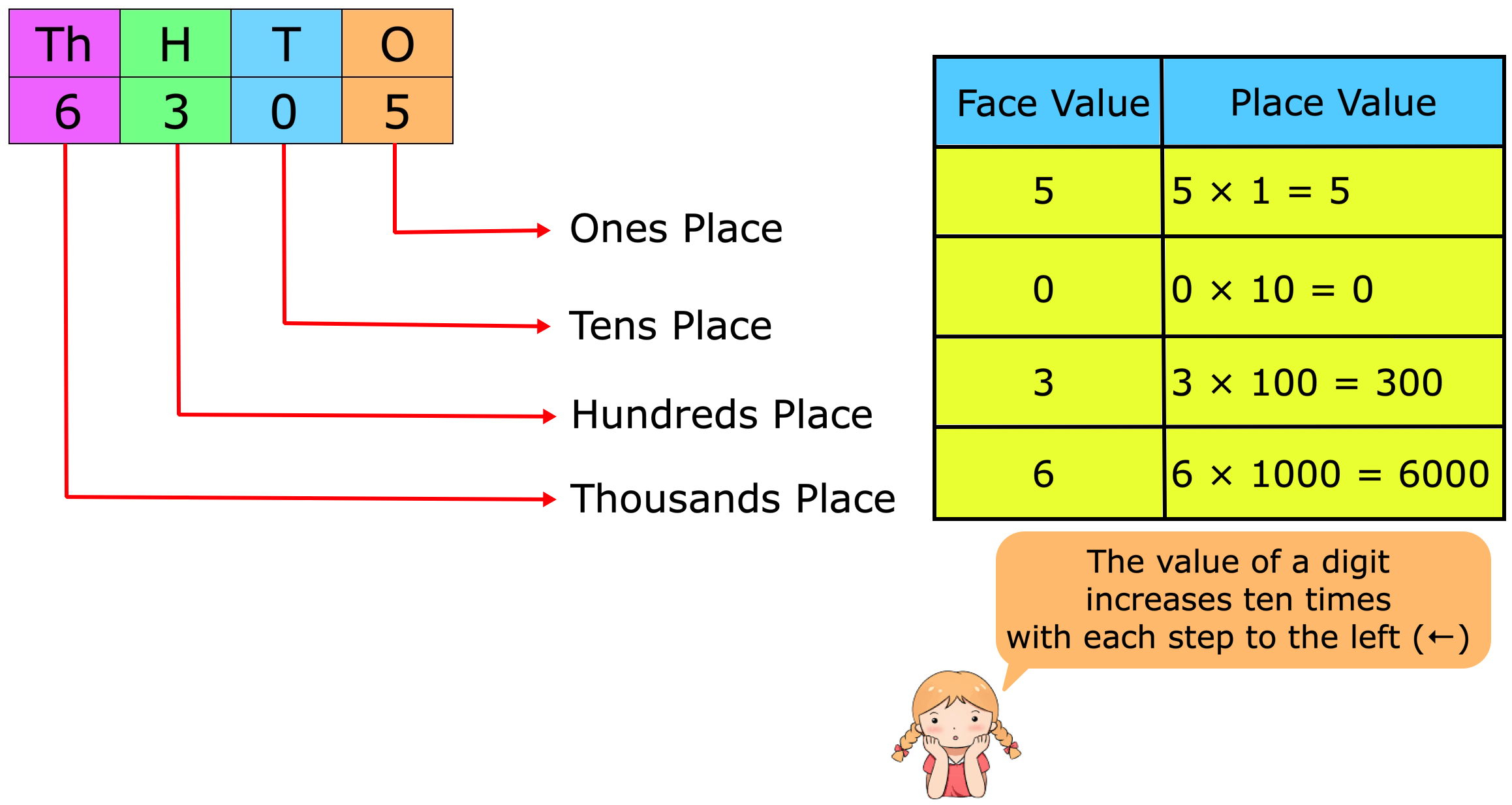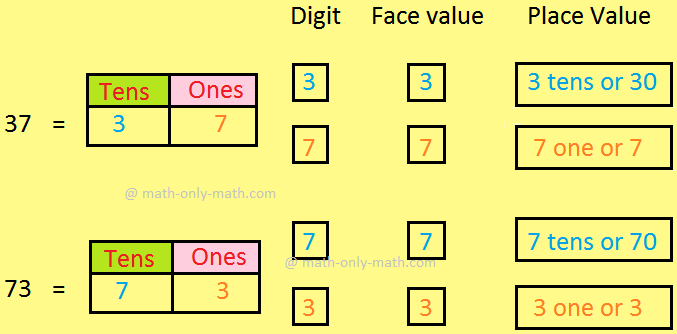cos θ = cos ∝
How to find the general solution of an equation of the form cos θ = cos ∝?
Prove that the general solution of cos θ = cos ∝ is given by θ = 2nπ ± ∝, n ∈ Z.
Solution:
We have,
cos θ = cos ∝
⇒ cos θ - cos ∝ = 0
⇒ 2 sin (θ+∝)2 sin (θ−∝)2 = 0
Therefore, either, sin (θ+∝)2 = 0 or, sin (θ−∝)2 = 0
Now, from sin (θ+∝)2 = 0 we
get, (θ+∝)2 = nπ, n ∈ Z
⇒ θ = 2nπ - ∝, n ∈ Z i.e., (any even multiple of π) - ∝ …………………….(i)
And from sin (θ−∝)2 = 0 we get,
(θ−∝)2 = nπ, n ∈ Z
⇒ θ = 2nπ + ∝, m ∈ Z i.e., (any even multiple of π) + ∝ …………………….(ii)
Now combining the solutions (i) and (ii) we get,
θ = 2nπ ± ∝, where n ∈ Z.
Hence, the general solution of cos θ = cos ∝ is θ = 2nπ ± ∝, where n ∈ Z.
Note: The equation sec θ = sec ∝ is equivalent to cos θ = cos ∝ (since, sec θ = 1cosθ and sec ∝ = 1cos∝). Thus, sec θ = sec ∝ and cos θ = cos ∝ have the same general solution.
Hence, the general solution of sec θ = secs ∝ is θ = 2nπ ± ∝, where n ∈ Z (i.e., n = 0, ± 1, ± 2, ± 3,…….)
1. Find the general values of θ if cos θ = - √32.
Solution:
cos θ = - √32
⇒ cos θ = - cos π6
⇒ cos θ = cos (π - π6)
⇒ cos θ = cos 5π6
⇒ θ = 2nπ ± 5π6, where n ∈ Z (i.e., n = 0, ± 1, ± 2, ± 3,…….)
2. Find the general values of θ if cos θ = 12
Solution:
cos θ = 12
⇒ cos θ = cos π3
⇒ θ = 2nπ ± π3, where n ∈ Z (i.e., n = 0, ± 1, ± 2, ± 3,…….)
Therefore the general solution of cos θ = 12 is θ = 2nπ ± π3, where, n = 0, ± 1, ± 2, ± 3, ± 4 .....
3. Solve for x if 0 ≤ x ≤ π2 sin x + sin 5x = sin 3x
Solution:
sin x + sin 5x = sin 3x
⇒ sin 5x + sin x = sin 3x
⇒ 2 sin 5x+x2 cos 5x+x2 = sin 3x
⇒ 2 sin 3x cos 2x = sin 3x
⇒ 2 sin 3x cos 2x - sin 3x = 0
⇒ sin 3x (2 cos 2x - 1) = 0
Therefore, either sin 3x = 0 or 2 cos 2x – 1 = 0
Now, from sin 3x = 0 we get,
3x = nπ
⇒ x = nπ3 …………..(1)
similarly, from 2 cos 2x - 1 = 0 we get,
⇒ cos 2x = 12
⇒ cos 2x = cos π3
Therefore, 2x = 2nπ ± π3
⇒ x = nπ ± π6 …………..(2)
Now, putting n = 0 in (1) we get, x = 0
Now, putting n = 1 in (1) we get, x = π3
Now, putting n = 0 in (2) we get, x = ± π6
Therefore, the required solutions of the given equation in 0 ≤ x ≤ π/2 are:
x = 0, π3, π6.
- General solution of the equation sin x = ½
- General solution of the equation cos x = 1/√2
- General solution of the equation tan x = √3
- General Solution of the Equation sin θ = 0
- General Solution of the Equation cos θ = 0
- General Solution of the Equation tan θ = 0
- General Solution of the Equation sin θ = sin ∝
- General Solution of the Equation sin θ = 1
- General Solution of the Equation sin θ = -1
- General Solution of the Equation cos θ = cos ∝
- General Solution of the Equation cos θ = 1
- General Solution of the Equation cos θ = -1
- General Solution of the Equation tan θ = tan ∝
- General Solution of a cos θ + b sin θ = c
- Trigonometric Equation Formula
- Trigonometric Equation using Formula
- General solution of Trigonometric Equation
- Problems on Trigonometric Equation
11 and 12 Grade Math
From sin θ = -1 to HOME PAGE
Didn't find what you were looking for? Or want to know more information about Math Only Math. Use this Google Search to find what you need.
Recent Articles
-
Place Value and Face Value | Place and Face Value of Larger Number
Apr 13, 25 03:12 PM
The place value of a digit in a number is the value it holds to be at the place in the number. We know about the place value and face value of a digit and we will learn about it in details. We know th… -
Face Value and Place Value|Difference Between Place Value & Face Value
Apr 13, 25 03:07 PM
What is the difference between face value and place value of digits? Before we proceed to face value and place value let us recall the expanded form of a number. The face value of a digit is the digit… -
Place Value and Face Value | Basic Concept on Place Value | Face Value
Apr 13, 25 02:59 PM
Learn the easiest way to understand the basic concept on place value and face value in the second grade. Suppose we write a number in figures 435 in words we write four hundred thirty five. -
Expressing Place Value and Face Value | International & Indian System
Apr 13, 25 02:35 PM
We will learn expressing place value and face value of a digit in any number in International and Indian system. Place value: We know how to find out the place value of a digit in any number. -
5th Grade Decimals | Word Problem on Decimals | Concept of Decimals
Apr 13, 25 02:16 PM
A fractional number whose denominator is 10 or multiple of 10 is called a decimal. Every decimal has two parts whole number part and decimal part. These two parts are separated by a dot or point. This…





New! Comments
Have your say about what you just read! Leave me a comment in the box below. Ask a Question or Answer a Question.